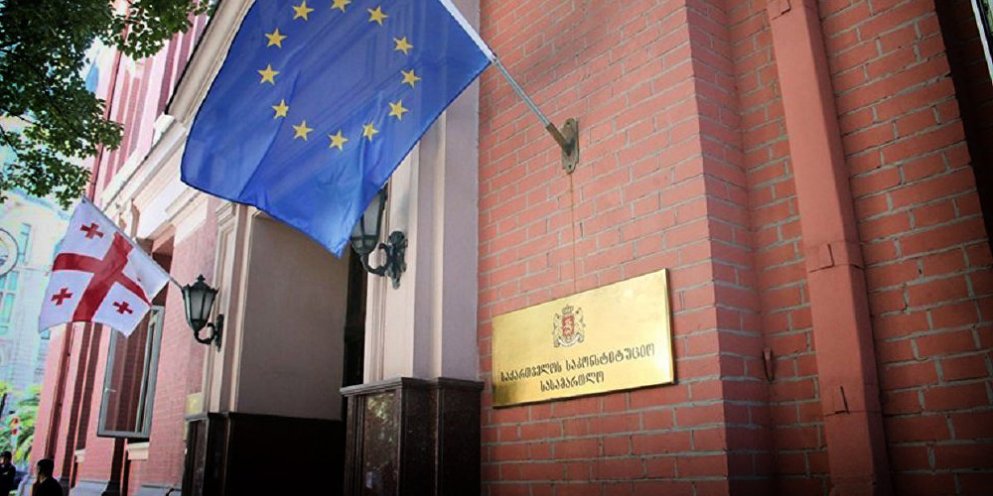The Constitutional Court of Georgia declared unconstitutional the provisions of the tax code and the law on state property, which grant privileges to the Georgian Orthodox Church.
The two lawsuits were filed by a group of religious organizations, one in October 2015 and another in July 2016. Legal counsel in both cases was provided by the Tolerance and Diversity Institute, a Tbilisi-based rights watchdog, and the Constitutional Law Clinic of the Free University in Tbilisi.
In their 2015 complaint, the organizations challenged the provision of the tax code (article 168), which provides VAT exemption for construction, restoration and painting of churches commissioned by the Patriarchate of Georgia, while in the 2016 lawsuit they appealed against the provision of the law on state property (article 63) allowing free-of-charge transfer of the state-owned property to the Orthodox Church.
According to the Constitutional Court, the Parliament of Georgia – the respondent in both cases – argued that the goal of the disputed provisions was to recognize “the outstanding role” of the Georgian Orthodox Church, in accordance with the Constitution of Georgia.
The Court, however, explained in its July 3 rulings that “recognition of the outstanding role of the Georgian Orthodox Church is associated with its historical importance and does not serve to establish legal privileges for Orthodox Christianity in the present.”
The Court ruled that discrimination in both cases can be addressed either through scrapping the provisions entirely or extending the privileges to other stakeholders as well. The provisions will be declared invalid from December 31, 2018, according to the court ruling.
The Tolerance and Diversity Institute said in its statement on July 4 that the court decision was “an extremely important step forward” for protecting the equality of religious organizations.
This post is also available in: ქართული (Georgian) Русский (Russian)

